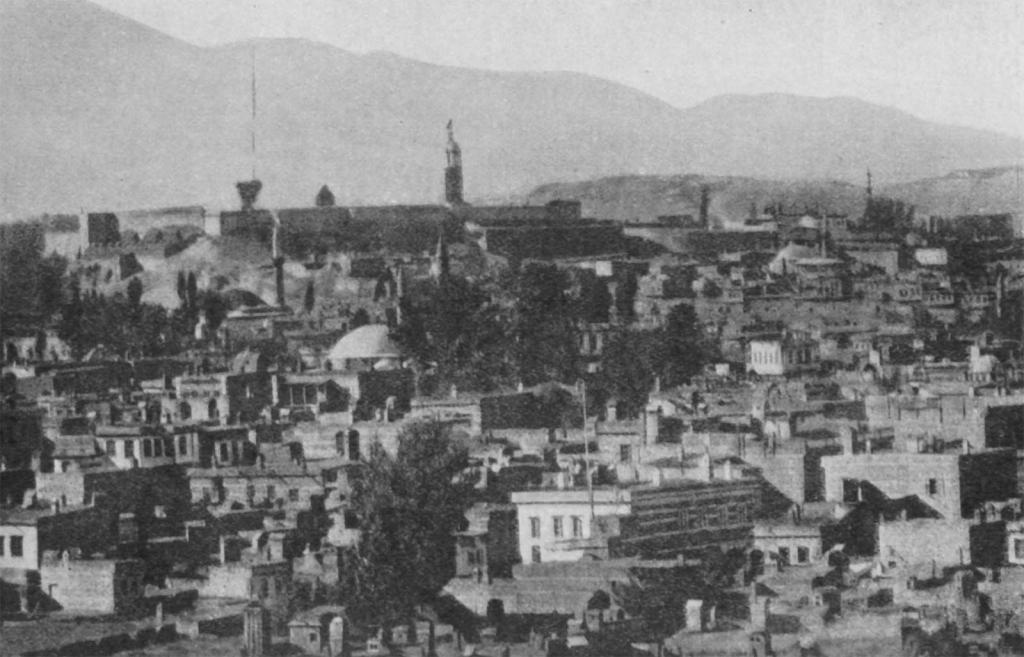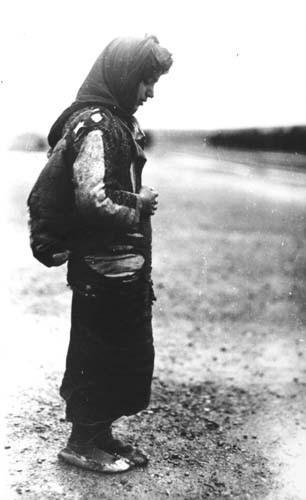


"Reading Genocide: Turkish Historiography on 1915". Kaligian states that Uras' book is an unreliable source that "is replete with mistranslations and distortions as well as key omissions", for example mistranslating a speech by Vahan Papazian and omitting the passages that contradict Uras' argument. This "provocation thesis" aims to justify the genocide by asserting that Armenians provoked their own persecution. Historian Dikran Kaligian states that Uras' work is the main source for those historians who argue that the Armenian Revolutionary Federation fomented a civil war on behalf of Russia. The book has been widely criticized for misrepresenting sources and exaggerating Armenian rebelliousness. According to Donald Bloxham, the book is "the canonical text of Turkish nationalist historiography on the Armenians". The book has been described as "the ur-text of Turkish denialist 'scholarship'", since it established many of the tropes and narratives that would be used in later works that denied the genocide.

Gürpınar sees the book as "the intermediary connecting two historical eras and two different modes of denialism", the latter being that which developed after 1973. According to Turkish historian Doğan Gürpınar, the book was "a new and comprehensive synthesis" of older Unionist claims and apologetics it also built on Uras' personal experiences. He published The Armenians in History and the Armenian Question ( Turkish: Tarihte Ermeniler ve Ermeni Meselesi), probably in reaction to Stalin's post- World War II territorial claims on Turkey. By 1950, Uras was one of the last surviving Unionist leaders.


 0 kommentar(er)
0 kommentar(er)
